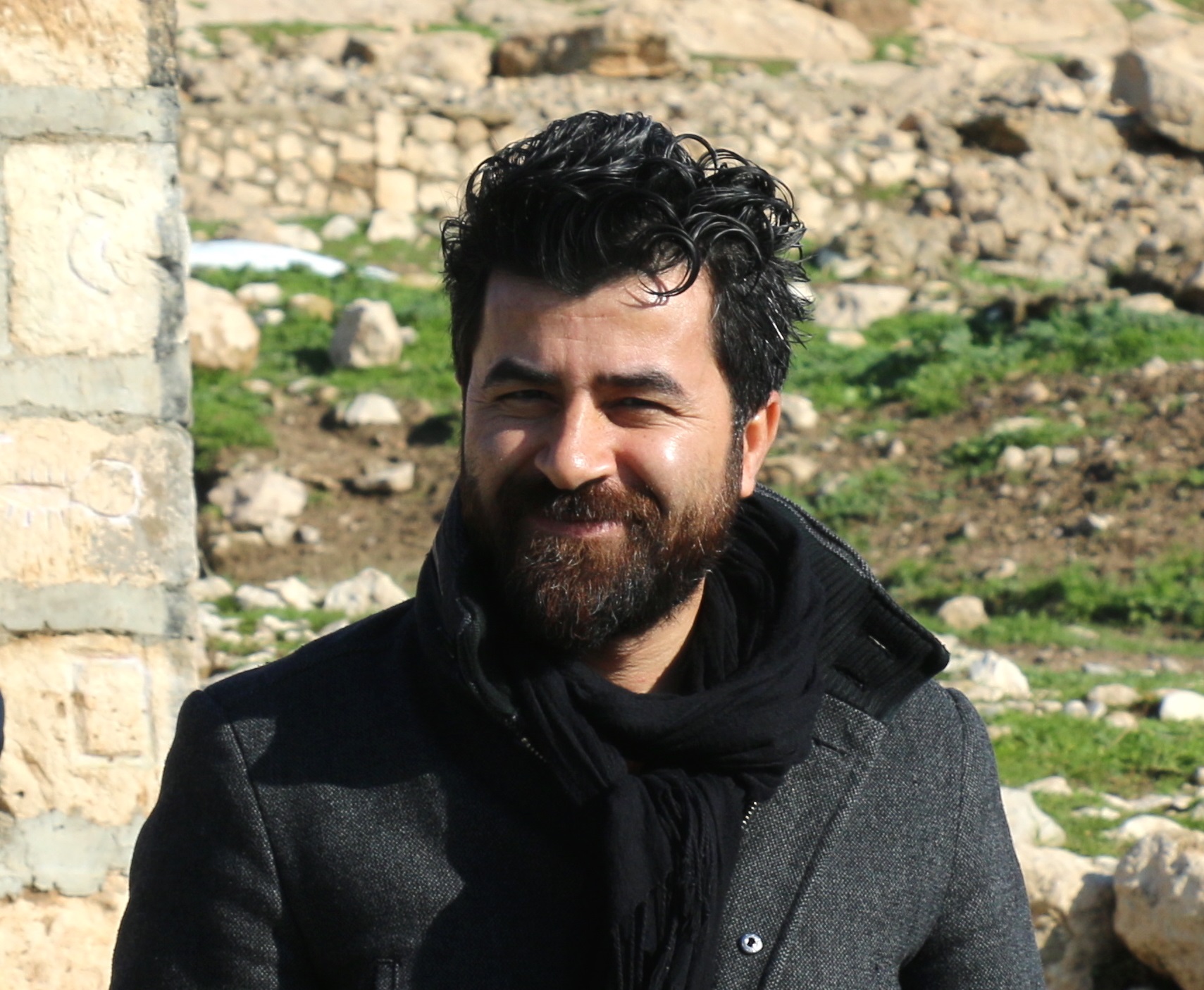
Written by guest blogger Majid Hassan Ali.
The Yazidis are an ethno-religious minority with ancestral roots in Iraq, Turkey, Syria, and Iran. Today, the majority of Yazidis live in Northern Iraq, with smaller communities present in Turkey, Syria, Armenia, Georgia, and Russia, as well as a significant diaspora in the West.
Historically, the Yazidi religious minority have been persecuted as devil worshippers across the region. They have also endured many genocidal campaigns, called firmans (pogroms or genocides) in Yazidi oral tradition during the Ottoman Empire (1514-1918). Although the number of firmans against the Yazidis is immeasurable, Yazidi tradition asserts that the minority has endured seventy-two firmans throughout history. The firmans are recognized by Yazidis as genocides and massacres, and thus the number seventy-two acquired symbolic meaning.
Researching the firmans remains a challenge. It is difficult to obtain documents, studies or deep academic research on the Yazidi during the historical period of the Ottoman Empire until the first quarter of the twentieth century. There are many reasons for this difficulty, but the most important is governments withholding historical documents on the firmans. The lack of access to the archives of the Ottoman Empire, because of the Armenian genocide case, is especially noteworthy.
Therefore, what is currently known about the firmans can be found in the books of Western travellers to the Yazidi regions in the seventeenth and nineteenth centuries, and on some local historical sources, as well as existing stories of extermination in Yazidi oral tradition.
In my other researches and studies, I have touched on genocide against Yazidis. In this article, entitled “Genocidal Campaigns during the Ottoman Era: The Firmān of Mīr-i-Kura against the Yazidi Religious Minority in 1832–1834,” published in Genocide Studies International (GSI), I tried to create space for deep historical studies on genocide against the Yazidis for the first time globally because the Yazidi genocide has not been discussed in international journals or studies in the past.
In this article, I focused on one of the major campaigns of genocide that took place in 1832-1834, but many similar attacks have yet to be addressed in academic research.
Majid Hassan Ali completed his doctorate with a focus on religious minorities in Iraq at the University of Bamberg, Germany. He lectures at Duhok University in the Kurdistan Region of Iraq, and sits on the board of the International Yezidi Theological Academy (IYTA) in Tbilisi, Georgia. His research includes the challenges faced by religious minorities in Muslim majority countries. He has published several articles on Yazidi identity, Religious Extremism, Migration, Captivity and Slaves of Yazidi Women, and a monograph related to Kurdish Movements. Email: majidhassan.ali@gmail.com; ORCID: https://orcid.org/0000-0001-8061-1431.
His latest article in Genocide Studies International entitled “Genocidal Campaigns during the Ottoman Era: The Firmān of Mīr-i-Kura against the Yazidi Religious Minority in 1832–1834 ” is free to read for a limited time here.
The UTP Journals blog features guest posts from our authors. The opinions expressed in these posts may not necessarily represent those of UTP Journals and their clients.
Comments on this entry are closed.